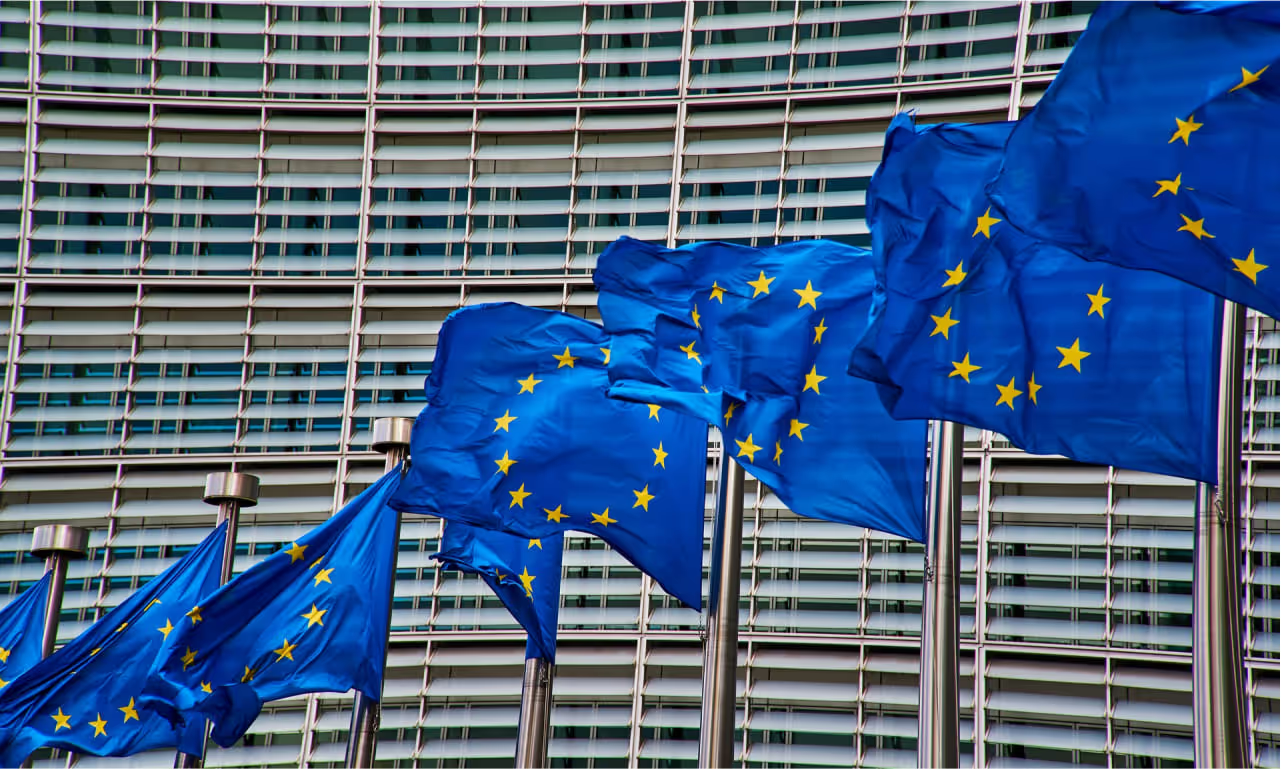The AI Act is the first in Europe to regulate artificial intelligence, aiming to ensure the safety of its use and respect the fundamental rights and values of the EU. This document defines the criteria that distinguish AI from simpler software systems, and also identifies categories of high-risk systems that will be subject to specific requirements and obligations.
Adjustment range and key elements
The AI Act contains specific provisions on generative models and general-purpose AI. It also establishes an AI office that will be responsible for overseeing the most advanced AI models, working towards standards and testing practices, and enforcing common rules in EU Member States.
BSP Engagement
From the very beginning, Business & Science Poland actively participated in the public debate on the AI Act. The organisation held talks with the new AIDA Commission in the European Parliament, the European Commission, the national administration, as well as representatives of European business and science. The BSP focused on the needs, benefits and challenges of AI regulation.
The value of AI for the economy
The AI Act aims to ensure that AI systems placed on the EU market are not only safe, but also comply with EU fundamental rights and values regulations. BSP sees the huge potential of AI in generating socio-economic benefits across all industries.
Challenges and recommendations of the BSP
The BSP recognises the objectives of the proposed regulations, such as ensuring safety and respect for fundamental rights. However, the organisation pointed to potential adverse effects, such as the risk of relocating AI development centres outside the EU. The BSP recommended a more nuanced approach to high-risk algorithms, the use of a feedback mechanism for record-keeping, and reporting standard deviations instead of issuing approvals for use.
The question of penalties
The BSP also pointed to excessively high penalties for non-compliance with the regulation, which can inhibit the development of innovation in the AI sector. The organization argued that harsh sanctions could deter companies from investing in the development of artificial intelligence in Europe.
Summary
The Artificial Intelligence Act (AI) is a key document regulating the use of AI in Europe. Thanks to the active involvement of BSP, the introduced regulations have a chance to take into account the needs of Polish companies and minimize the risk of negative effects of regulation. The introduction of the AI Act aims not only to protect users and consumers, but also to foster innovation and investment in AI in the EU, contributing to its global competitiveness.

